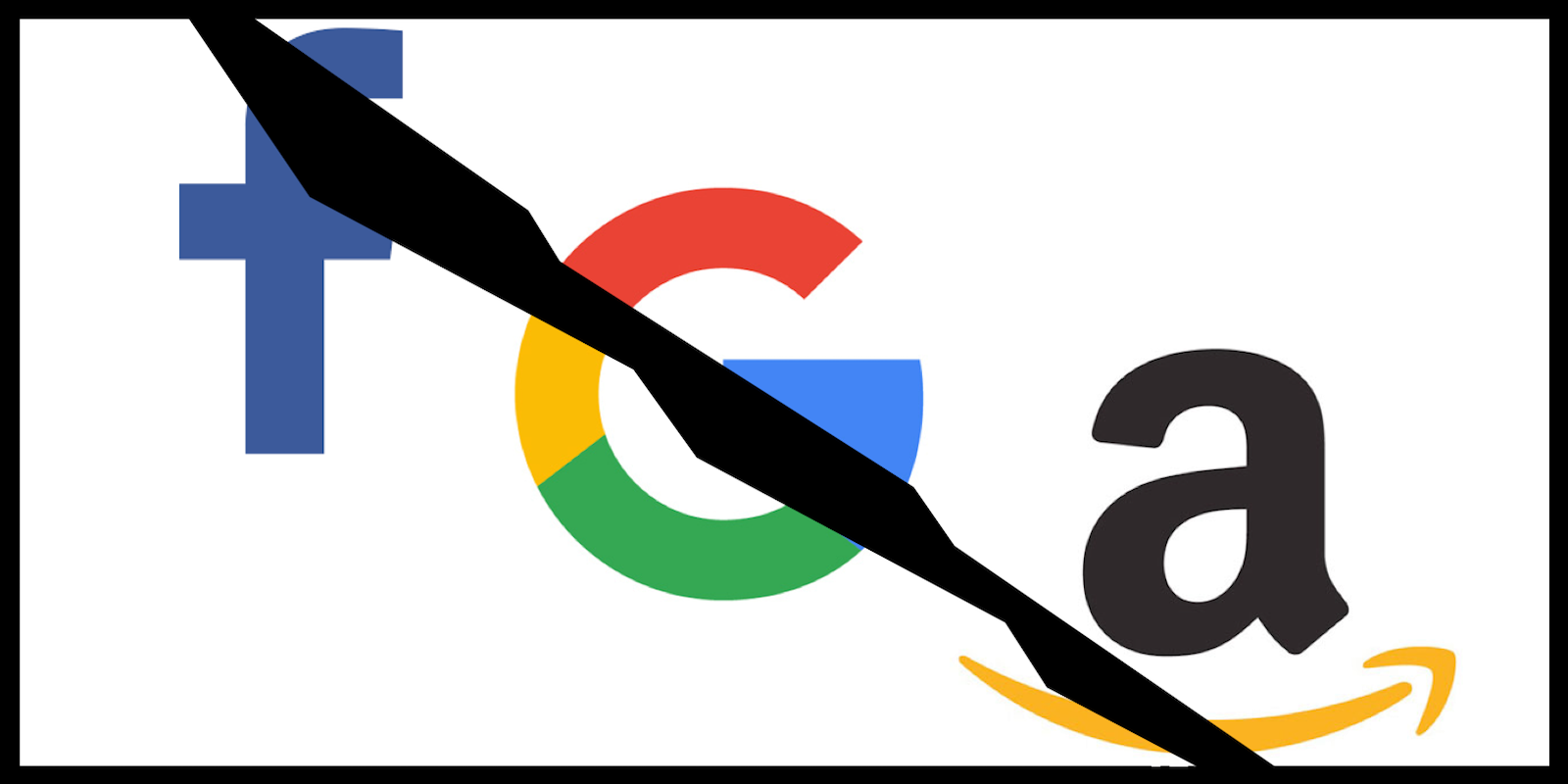
Contrary to the cacophony of calls to break up Facebook, Google and Amazon, there’s nothing about being big, dominant, powerful or even a monopoly that goes afoul of U.S. antitrust law. That’s all perfectly legal, as it should be. We want to incentivize companies to grow big and gain market share.
What gets federal regulators riled up is the abuse of monopoly power to constrain competition and harm consumers. That’s a pretty high bar; the question is, do any of today’s tech giants clear it? What is clear, at least to me, is that they all do to some extent.
Facebook has leveraged its dominant social network of two billion users, powerful targeted ad platform and acquisitions of Instagram, WhatsApp and others to thwart competitors like Snapchat, Twitter and a host of startups.
Related: Why Facebook’s ‘Data Breach’ Is a Big Fat Nothingburger
There’s little doubt that Google has used its search monopoly to prioritize some of its own services over Yelp and others. It also leverages the massive amounts of data it collects on user location, searches and buying habits to dominate online advertising and other small business services.
Amazon has used predatory pricing to wipe out competitors in countless markets, although it’s hard to argue that lower prices harm consumers, as long as it doesn’t turn around and raise prices. And there’s certainly nothing illegal about innovations like ecommerce killing off old school brick and mortar.
In any case, the federal government doesn’t get to just break up a company. For that to happen either the Justice Department or the Federal Trade Commission has to file suit and actually win against an army of lawyers with a virtually unlimited war chest of cash. That’s why AT&T was the only big corporation to be broken up since WWII.
Related: Mark Zuckerberg, America’s Fav Boy Robot, Goes to Washington
Then again, prosecutors did win some concessions in their settlement with Microsoft in the dot-com era. Was it worth the expense to taxpayers? Hard to say. Some have argued that Google and Facebook would never have existed in their present form otherwise, but I’m not so sure that’s the case.
Keep in mind that neither the JD or FTC can bring and have a chance of winning an antitrust case based on consumer sentiment alone. Harmed competitors must be willing to aid in the investigation and testify. Netscape was the linchpin in the Microsoft case as were AMD and several PC makers in the FTC’s unsuccessful suit against Intel.
The lesson that Microsoft and Intel learned from their battles with federal regulators was that it’s ok to be greedy, just not too greedy. It’s fine to crush or acquire a competitor or ten, just not all of them. In their dogged pursuit of growth, Facebook, Google and Amazon might consider that it pays to leave a few competitors standing.
As for whether the Trump Administration would ever green-light a courtroom drama against one of today’s tech giants, I’d say probably not. The bar is high, the cost is high and the probability of success is low. To me, that’s a red light. And the debate over whether that’s good or bad for capitalism or innovation is entirely academic. In other words, who the hell knows?